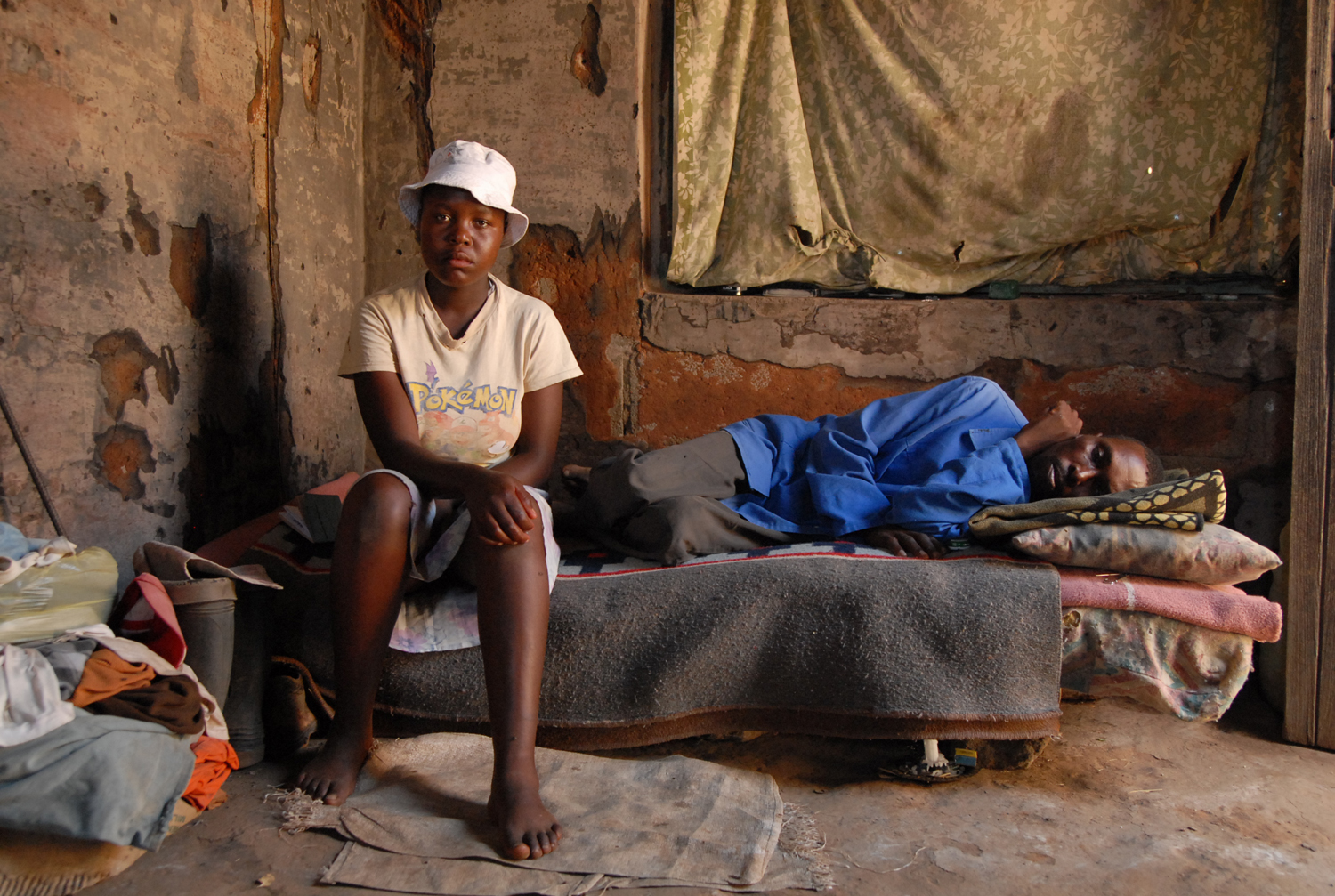Studies have found high levels of psychological distress among such orphans, and suggest interventions to improve their mental wellbeing. Here are some ways to minimize trauma among these children:
Keep them in the family
Most African orphans remain with their extended families, being cared for by either the remaining parent, grandparents or other relatives. Studies show that staying with family is best for children; institutional care should only be a temporary solution or last resort.
Keeping brothers and sisters together also enhances their emotional wellbeing; a 1998 Zambian study found increased emotional distress after sibling separation.
In addition, it appears that remaining with closer relatives rather than more distant ones is also better for orphans. A 2003 study in the district of Rakai, central Uganda, found that the more distant the relative, the lower the chances of child survival.
Meet their basic needs
Few African parents leave wills, and property grabbing is common when adults die; in a Ugandan survey, 21 percent of orphans aged 13-18 reported property grabbing. The phenomenon undermines the livelihood of families already weakened by the death of parents.
In addition, families who take in orphaned children are often poor themselves; additional mouths to feed often stretch limited resources to breaking point. These families may need economic support to a larger number of dependents.
A 2008 study suggested that programmes such as school-feeding schemes, sustainable food and gardening projects, employment initiatives and targeted assistance for grant applications could have positive mental health impacts on AIDS-orphaned children.
Provide psycho-social care
Dealing with the loss of a parent is tough enough, but watching a parent die, adjusting to a new family and dealing with stigma and a much worse economic position make counselling all the more important. A 2002 study in Tanzania's commercial capital, Dar es Salaam, found that orphans were significantly more likely than non-orphans to internalize their problems, jeopardizing their long-term mental health.
Grief counselling is important, notably for younger children who do not yet fully grasp the concept of death. Orphans may also need more life-skills training, particularly if they are not living in traditional family set-ups and have little chance of learning, for instance, gender roles and how to make the transition from childhood to adulthood. Peer support groups can be especially helpful in allowing orphans to share their feelings with people who may be going through similar situations.
Keep them in school
School drop-out rates tend to be higher among orphaned children; they often quit school to care for sick parents and never make it back into the education system. A 2004 Princeton University study of 10 sub-Saharan African countries found that orphans were at significant risk for lower school enrolment.
"When these orphans are not in school something happens, they refuse to think, but once they get back in school they regain focus on their lives," she told IRIN/PlusNews. "The difference between the child on the first day of farm school and one term later is amazing - they begin to look like any other child."
Free primary education has gone some way to improving overall school attendance, but other factors, such as living with a non-relative, continue to hamper orphans' education.
School-based peer support groups have also been shown to reduce psychological distress of orphaned younger children and teenagers.
Caring for the carers
Families taking in orphans face challenges too - a new household structure, additional expenses and the responsibility of caring for psychologically distressed children.
Custodial families may need counselling themselves to adequately respond to the emotional needs of orphans.
Surviving grandparents often step into the role of parent when their children die from AIDS-related causes. A Ugandan study found that custodial grandparents experienced extreme economic deprivation, felt physically challenged with care-giving and emotionally stretched by concerns for the children under their care.
According to a 2009 South African study, families caring for orphans are not receiving the support they need; the authors found a lack of assistance from social support services and family. They recommended that health workers and home-based caregivers be trained to support orphans' caregivers.
Authors of the Ugandan study recommended that grandparents be offered "respite care, child care, parenting support, support groups and skills development and recreational opportunities for the grandchildren".
Click here for In-depth: Coping with crisis
kr/mw
This article was produced by IRIN News while it was part of the United Nations Office for the Coordination of Humanitarian Affairs. Please send queries on copyright or liability to the UN. For more information: https://shop.un.org/rights-permissions
